Iran hails GCC support for détente agreement with Saudi Arabia
The spokesman for Iran's Foreign Ministry has welcomed a statement issued by the Persian Gulf Cooperation Council (GCC) in support of an agreement on restoration of ties between Iran and Saudi Arabia, which were severed over the past seven years.
Nasser Kan'ani on Thursday expressed hope that the agreement between Iran and Saudi Arabia would play an effective role in increasing regional stability, peace and development and promoting dialogue-based approaches in the Persian Gulf region.
He once again commended effective efforts by China, Iraq and Oman to host the normalization talks, saying that the support of the regional countries for the accord indicates their will to promote diplomatic initiatives in the region.
In a Wednesday statement issued by the GCC Ministerial Council at the end of its 155th session, the body hailed a recent agreement signed between Tehran and Riyadh to restore diplomatic relations, saying the accord will mark a positive step in resolving differences and ending regional conflicts through dialogue and diplomacy.
After several days of intensive negotiations hosted by China, Iran and Saudi Arabia finally clinched a deal on March 10 to restore diplomatic relations and re-open embassies and missions within two months.
According to a joint statement, Iran and Saudi Arabia underscored the need to respect each other’s national sovereignty and refrain from interfering in their internal affairs.
Iran, Saudi Arabia and China also expressed their firm determination to make their utmost efforts to promote regional and international peace and security.
In his remark, Kan'ani also reiterated Tehran's stance vis-à-vis the three Persian Gulf islands of Abu Musa, the Greater and Lesser Tunbs, saying they are an "integral and eternal" part of Iran.
In its statement, the GCC Ministerial Council had supported the UAE's claims to the islands and described them an indivisible part of the country.
The islands have historically been part of Iran, proof of which can be found and corroborated by countless historical, legal, and geographical documents in Iran and other parts of the world. However, the United Arab Emirates has repeatedly laid claim to the islands.
The three islands fell under British control in 1921 but on November 30, 1971, a day after British forces left the region and just two days before the UAE was to become an official federation, Iran's sovereignty over the islands was restored.
The Iranian spokesman further rejected claims by the GCC Ministerial Council about the country's nuclear program.
"The Islamic Republic of Iran is aware of its international responsibilities and commitments and has always adhered to them," he said.
Kan'ani emphasized that Iran is in contact with the relevant parties to the 2015 nuclear deal, formally known as the Joint Comprehensive Plan of Action (JCPOA), based on the technical and political framework as per the agreement.
"Based on its strategic view and principled policies, the Islamic Republic of Iran has always considered interaction and cooperation with its neighbors as the best solution to regional issues and welcomed positive initiatives in the field of developing relations based on good neighborliness and international principles and rules," he said.
In its statement, the GCC Ministerial Council stressed the importance of Iran's commitment not to exceed the rate of uranium enrichment required for peaceful uses, and the need to fulfill its obligations and fully cooperate with the International Atomic Energy Agency.
Kan'ani also rejected the GCC's claims about the smuggling of drones from Iran to Yemen and stressed the importance of practicing realism and promoting political approaches to end the crisis in the impoverished Arab country.
Democrats 'risk losing' election for backing Israeli war on Gaza, Lebanon: US journalist
Protesters remove busts of Israel's first president from Manchester Univ.
VIDEO | Hezbollah drones
US involvement in Israel’s 'regional war' unconstitutional, lawmakers tell Biden
107 years of Balfour Declaration that paved way for extermination of Palestinians
Hezbollah strikes Israeli military base near Tel Aviv
Palestinian media rights group condemns killing of two journalists by Israel
VIDEO | A Tale of Bombs, Blame, and Bedtime Stories


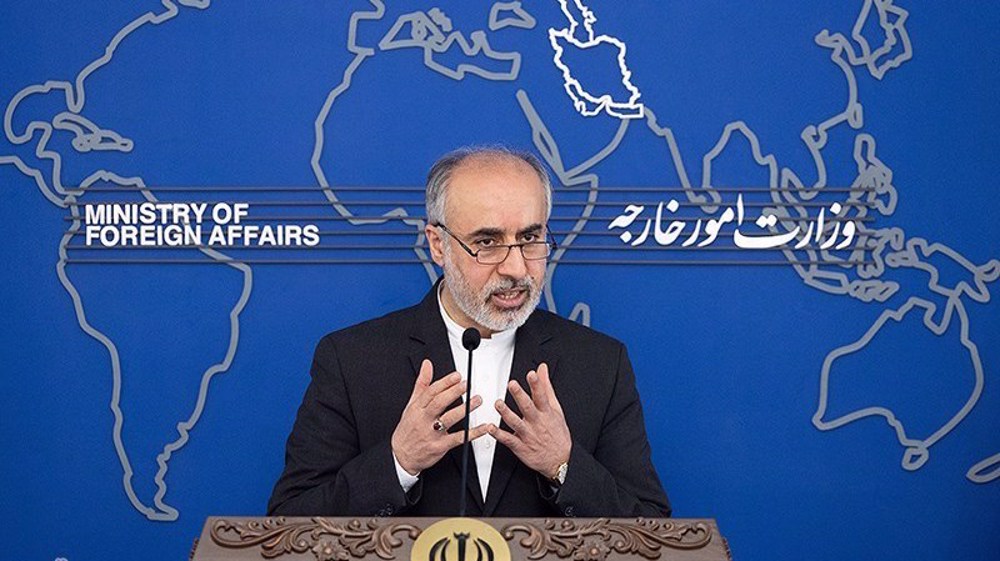
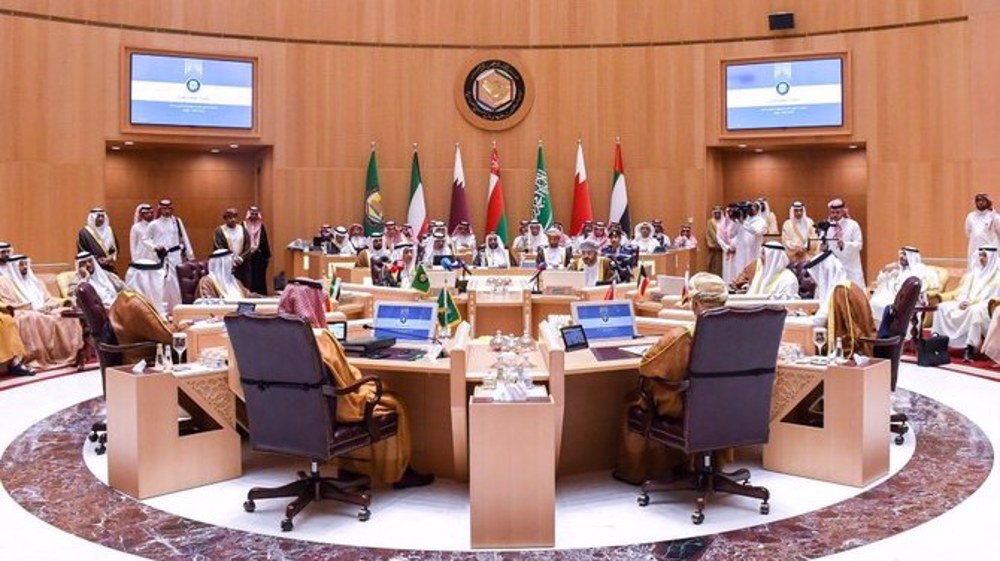
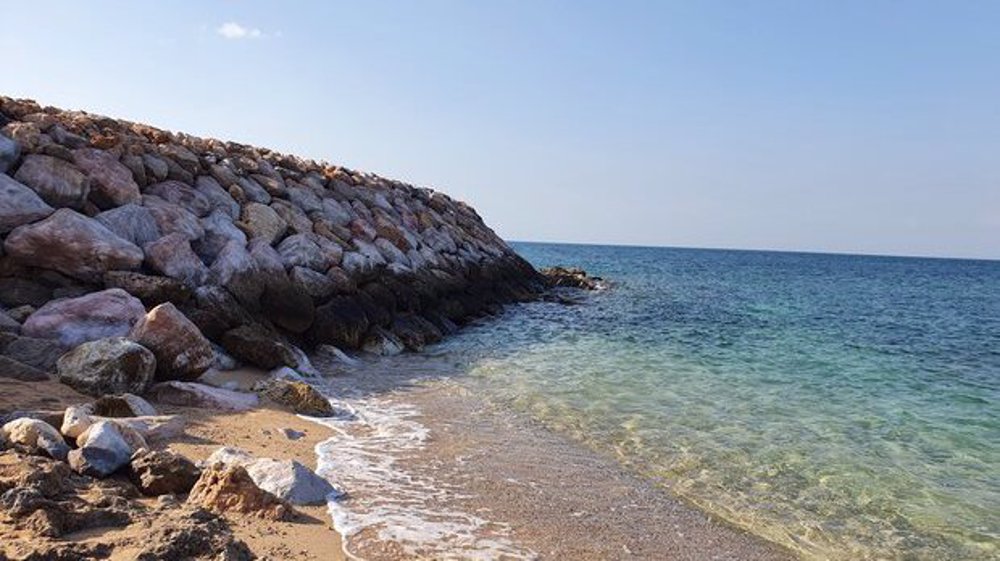
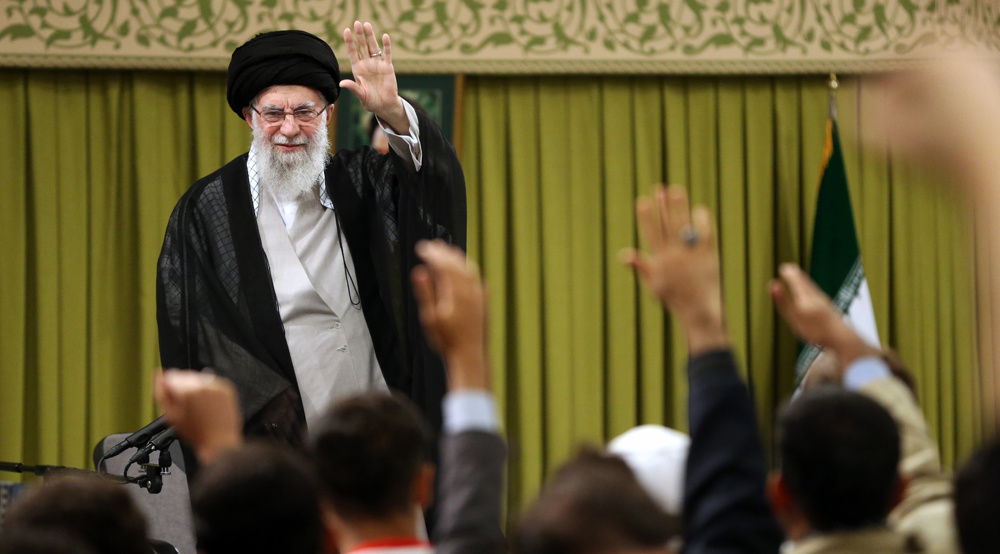
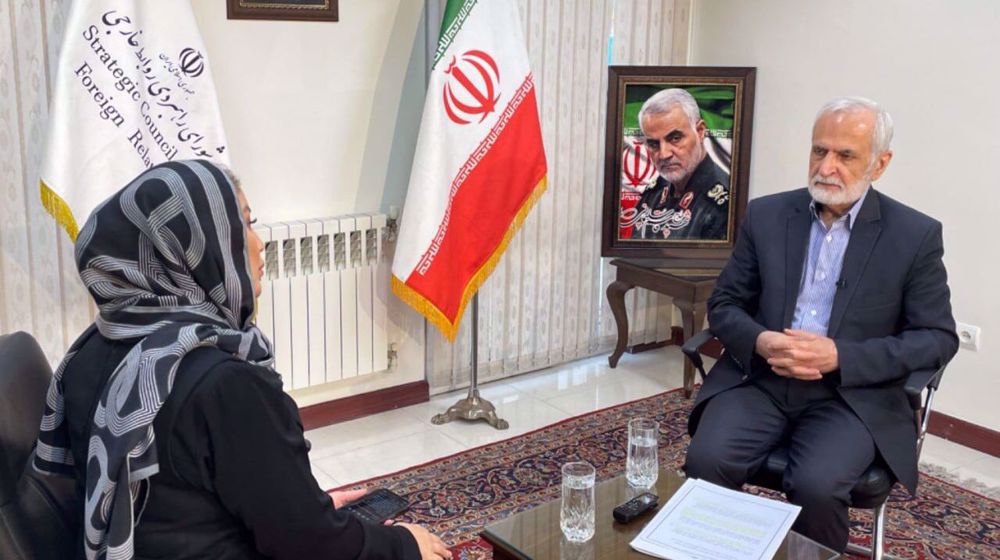
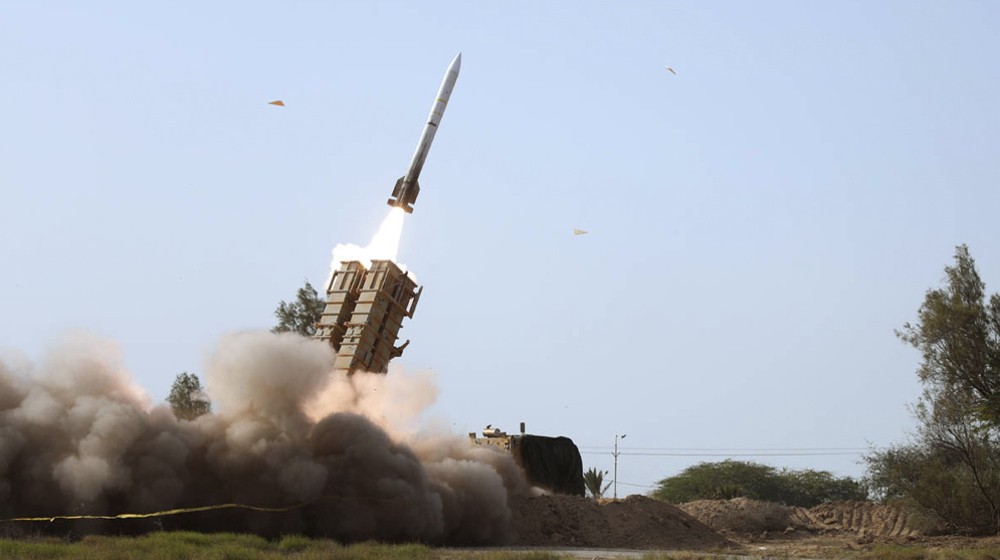




 This makes it easy to access the Press TV website
This makes it easy to access the Press TV website